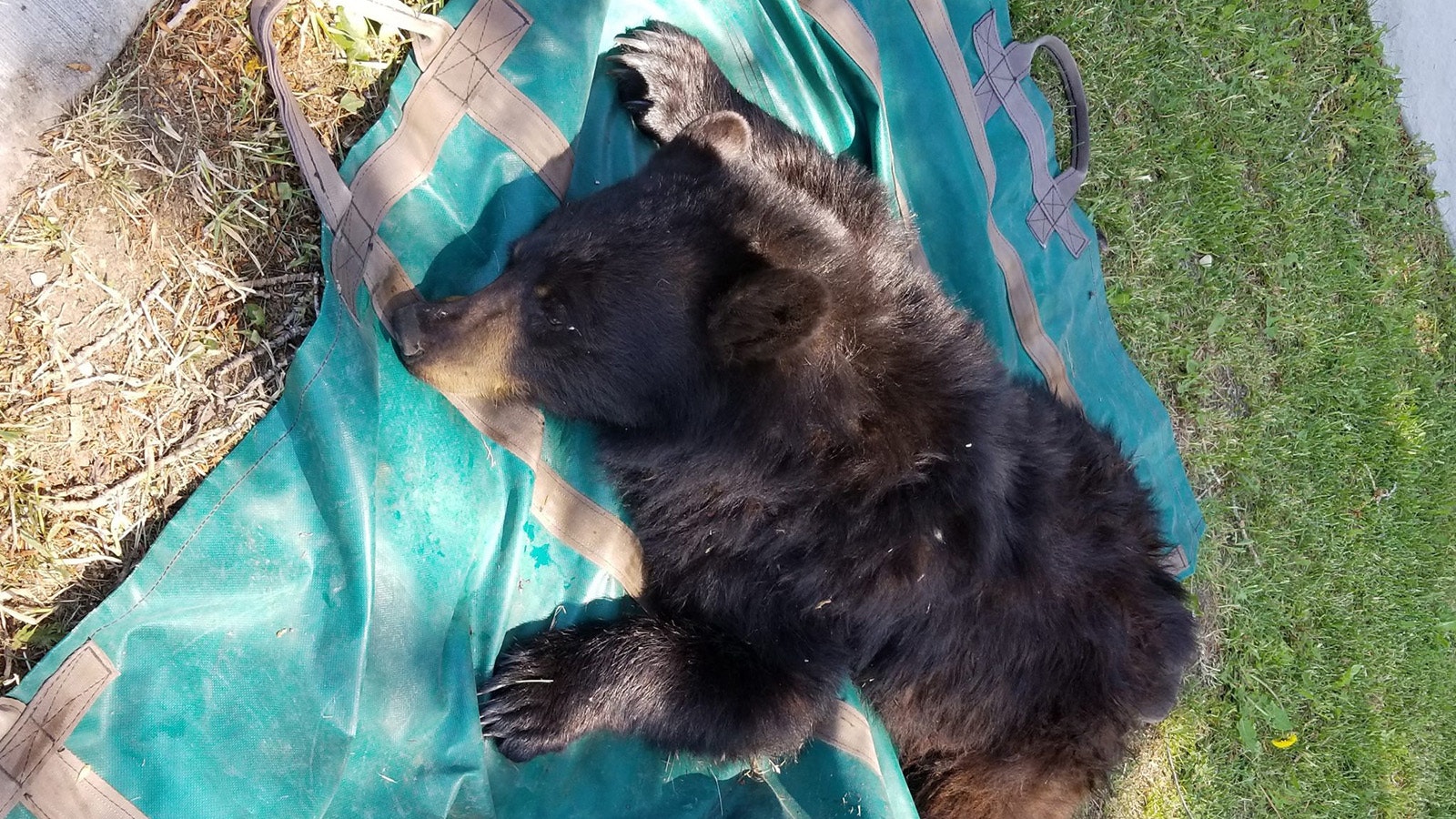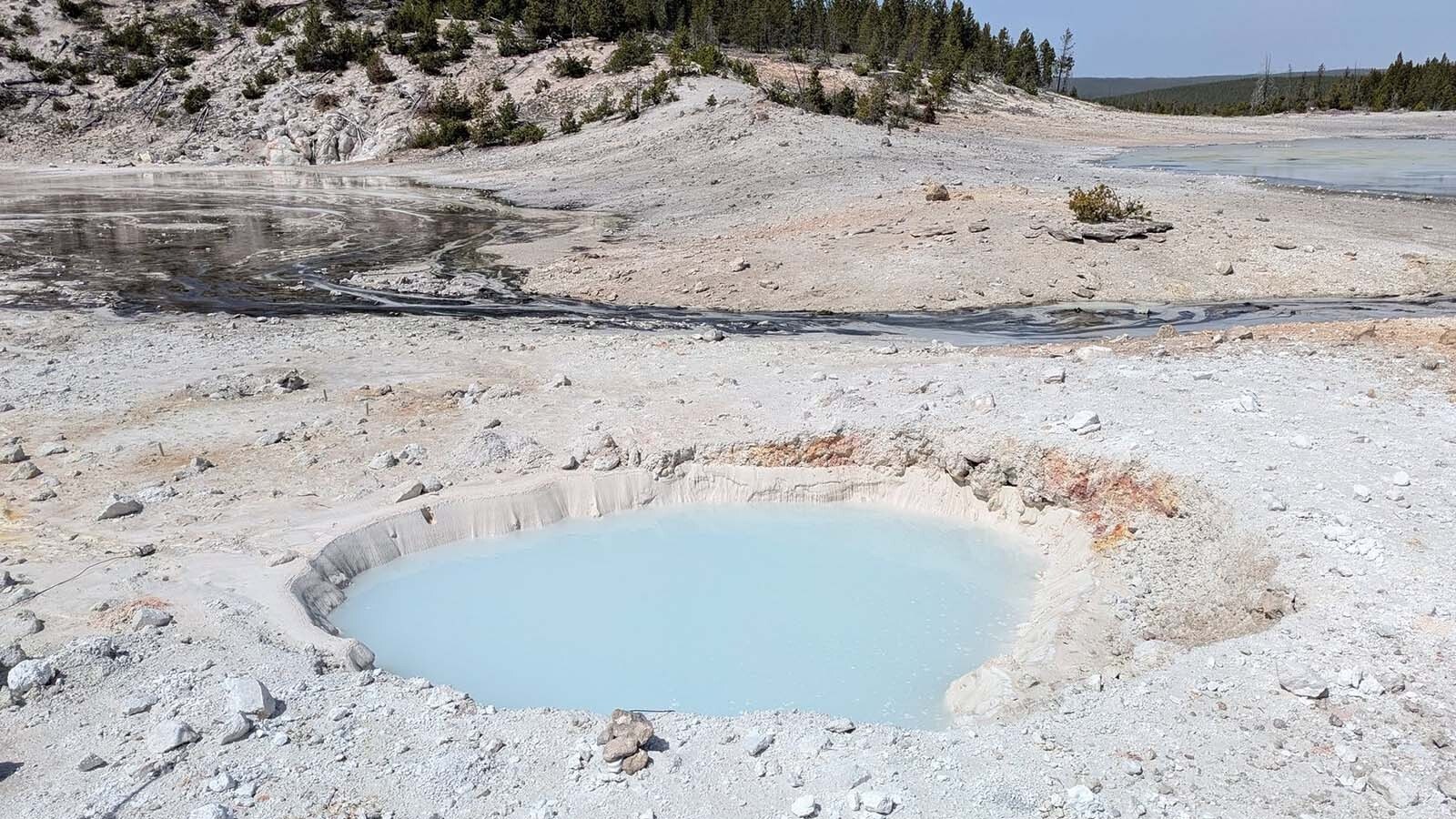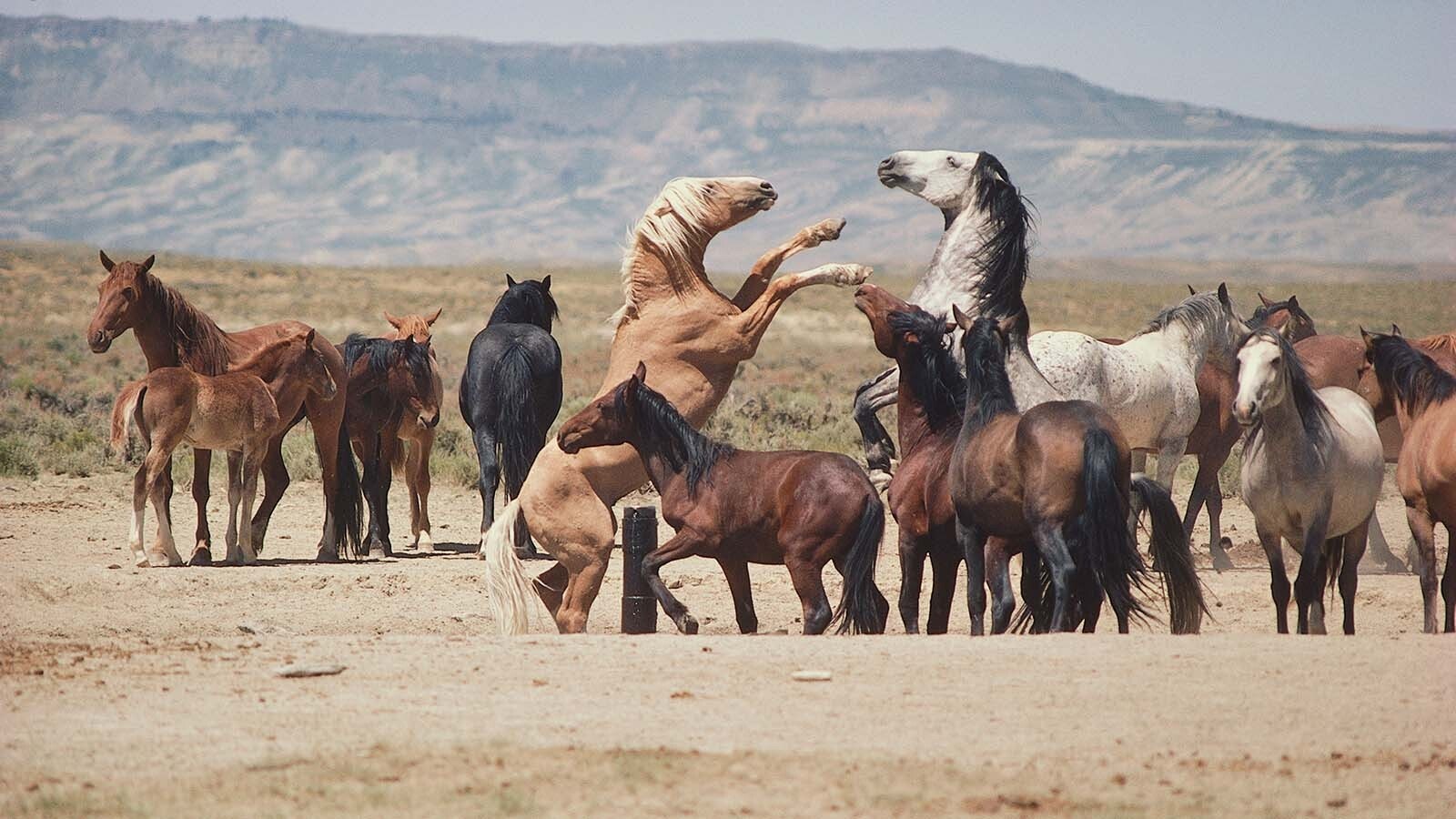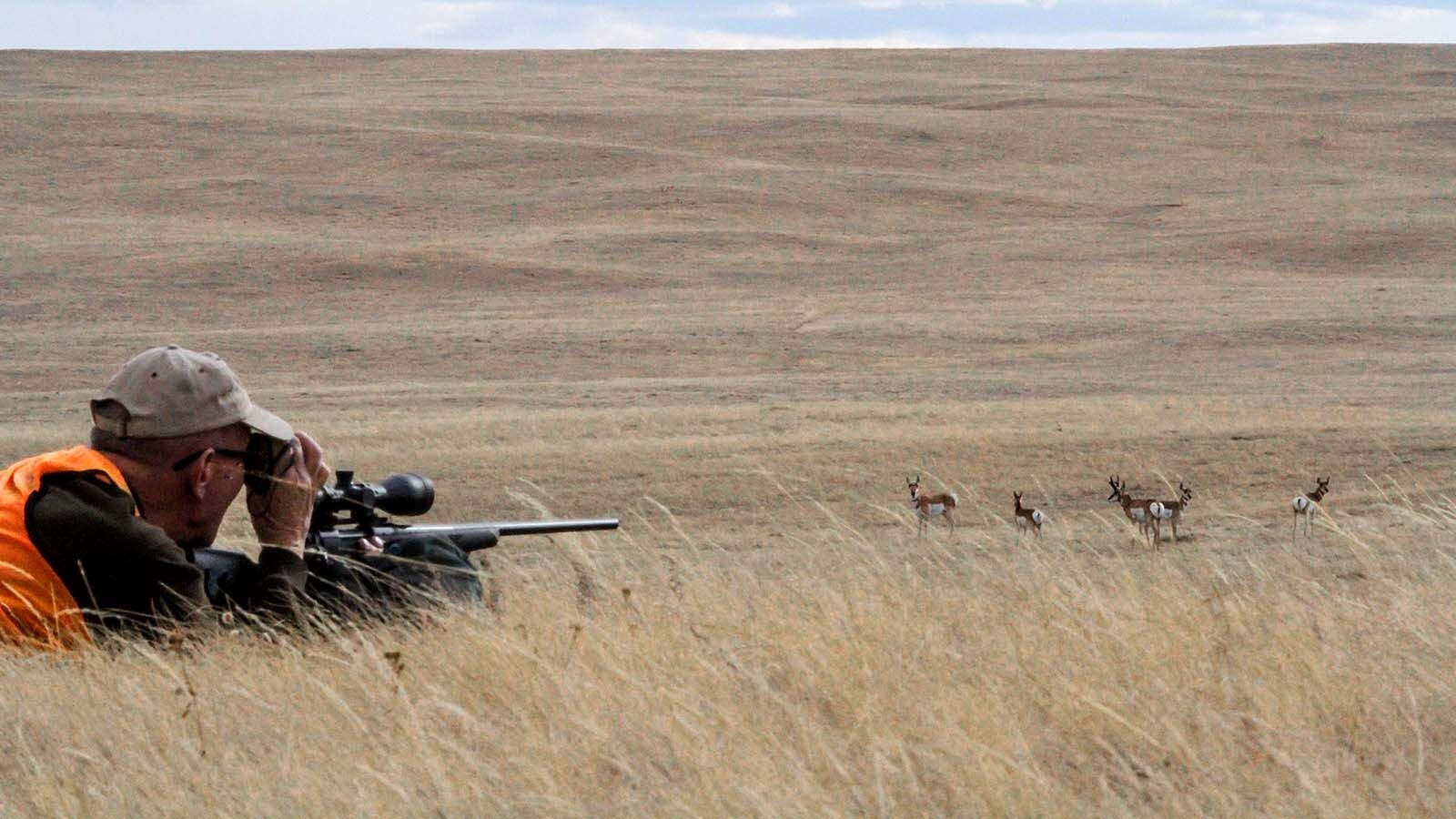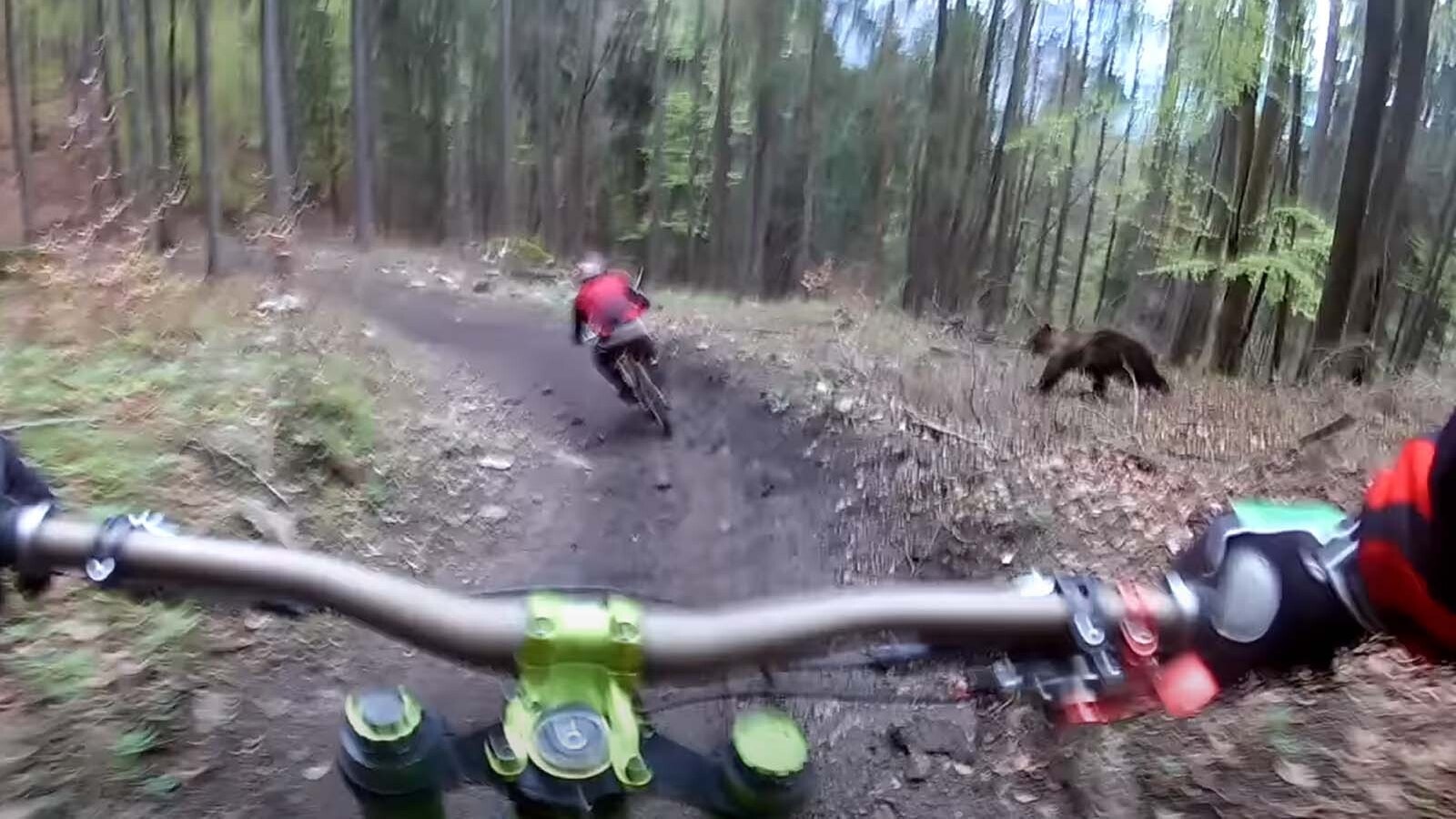With game agents having to kill two black bears in and around Sheridan recently, while also trapping and relocating several others, it might seem like that area of northern Wyoming is a hotbed of bad bear behavior.
It’s really part of a wider pattern across Wyoming and other states, a bear expert said.
“It seems like there's been a flurry of localized black bear activity in several areas across Wyoming, and many factors play into the ‘why,’” Wyoming Game and Fish Department large carnivore specialist Dan Thompson told Cowboy State Daily.
“In talking with managers in Idaho and Montana, they also have had a busy season with black bears,” he added. “In a big picture sense, we are still seeing the impacts of increased human use of black bear habitats over the past few years, with many instances of bears obtaining food rewards.”
Ruckus In Sheridan
Black bears have been raising a ruckus in and near Sheridan lately. Game wardens had to kill two, and have trapped an relocated several more.
Wildlife agents killed a young male black bear Tuesday afternoon after it entered two houses in Big Horn and was caught eating from front porch bird feeders at a third house.
The bear went into a house on River Street on Monday, and then entered a second home on Brighton Road early Tuesday, according to Game and Fish.
On Tuesday afternoon, another resident reported that the bear was at her house. When game wardens arrived, they found the bear eating seed from bird feeders and decided to kill it.
Late Monday, a female black bear and two young cubs were trapped and relocated from the Big Horn area. She and the cubs were relocated to a remote area of the Bighorn Mountains, according to Game and Fish.
Late June 15, Game and Fish personnel caught a young female black bear that was raiding garbage cans in Story. That bear was immobilized and relocated to a remote area of the Bighorn Mountains.
On June 14, wardens caught another young female black bear on Coffeen Avenue, north of East Lane in Sheridan. She was immobilized and relocated to a remote area of the Bighorn Mountains.
And in May, a 6-year-old female black bear was killed in Sheridan after it came into town on a food raid for the second time in two years.
Avid black bear hunter and conservationist Joe Kondelis of Cody told Cowboy State Daily that bear activity has “been an issue over there (Sheridan) for years.”
He added that he was planning to go to Sheridan County to help install “bear boxes” — bear-resistant containers for food and garbage — at campgrounds there.
Maybe Mountains Aren’t Green Enough
Thompson said the frequency of bear troubles in Sheridan and elsewhere this year struck him as “somewhat unexpected,” considering how green the countryside is after record-breaking winter snowpacks and a cool, wet spring.
“It does appear that some of the green up on the mountain has been a bit behind schedule, which could explain some of the lower elevation activity,” Thompson said. “I know bears are actively grazing on green grasses and fresh vegetation, which includes manicured lawns in some instances.”
Human Carelessness To Blame
The bears are just seeking reliable food sources, Thompson added. So in many instances, sloppy human behavior is to blame.
“A few of these scenarios with black bear activity involved bears with a previous conflict history that weren't able to kick their habit of seeking out human foods/garbage,” he said. “This is why we and other agencies continue to ramp up our education and outreach to reduce conflict potential between bears and humans.
“Bears are very adaptable and intelligent when it comes to procuring food, and there are no ursid rules or etiquette for how they gain their sustenance.”
Tough Choices
Wildlife agents would much rather trap bears alive and return them to the wild than kill them, Thompson added. However, in some cases, bears have gotten too used to town or other settled areas, and can threaten people.
“If a bear is a human safety threat we euthanize,” he said. “Human safety always comes first and it is important for people to know that if a bear is relocated (back to the wild) it is not considered dangerous or a threat.”
The bears’ health can also factor into the decision, Thompson said.
“Sometimes we catch a bear involved in conflicts that are not very severe, but once in hand, we see that it is obviously sick or emaciated and the decision is made to euthanize for humane reasons,” he said. “Either way, these decisions are made after deliberation and discussions weighing in all known information for the most suitable decision and outcome.”
Mark Heinz can be reached at mark@cowboystatedaily.com.

